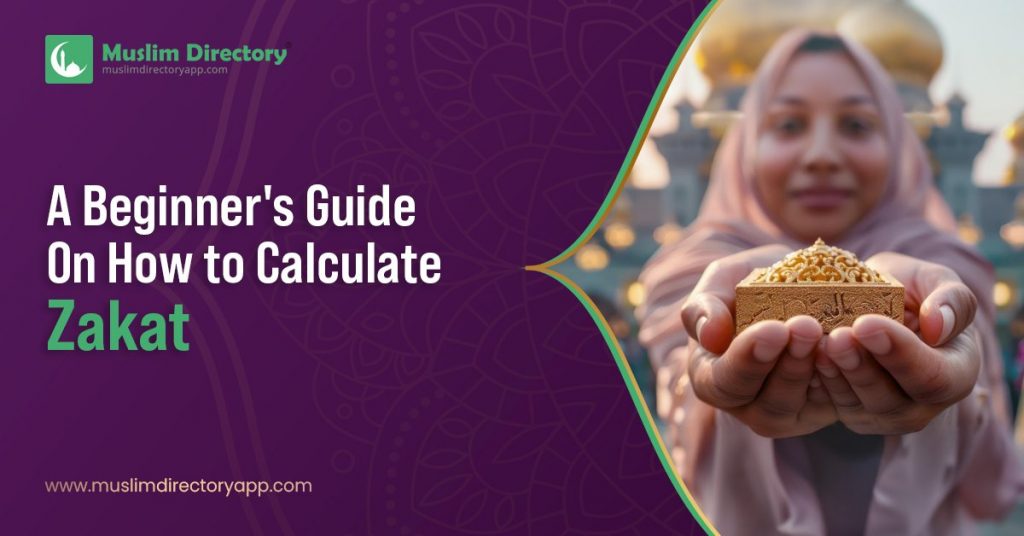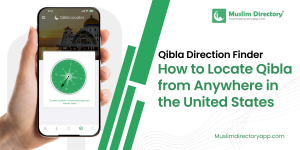Zakat is the very foundation of Islam and often described as a spiritual obligation and a mode of social responsibility. It stands as one of the Five Pillars of Islam which plays a massive role in the economic and social balances of the Muslim society.
The term “Zakat,” when translated literally, means “purification” or “growth”; the concept here is that the wealth is purified through giving it back to the needy. It is an annual compulsive zakat, and every Muslim has to pay it unless their wealth does not go over the nisab amount.
In addition to making equality prevail in society among its people, Zakat reminds the Muslims to remain thankful for the favors of Allah. Such an act of helping others make them part of the welfare of the entire community, uniting and enriching them with compassion.
The Basic Rules of Zakat: Understanding One of the Five Pillars of Islam
The main and most important step is eligibility criteria for a Muslim to carry out the work of Zakat. Zakat made every year on possessions that are above the nisab, meaning that a person’s possessions have to meet a minimum amount whereby they become liable for Zakat.
Currently, the nisab is equal to 87.48 grams of gold or 612.36 grams of silver at the current rate. One will be liable to pay Zakat if one’s wealth crosses this amount for a full lunar year.
The zakat payment amount is 2.5% of a person’s qualifying wealth. Zakat can be paid to several classes, including the poor, orphans, and indebted ones.
What Does Zakat Mean?

Zakat is an Arabic word meaning “to purify” or “to cleanse.” It is considered one of the means whereby wealth can be purified by distribution to needy people. In the area of thought, Allah considers that wealth is in reality a trust from Him, and Zakat is what ensures that wealth is shared for the benefit of society at large. The payment of Zakat, therefore, strengthens the social fabric of any community, in addition to serving Allah’s commands.
Zakat is an obligatory payment that annually is required from each individual, according to the condition set which states every person should possess nisab thresholds. Precisely, the amount to be paid as debt would depend on a number of assets such as cash, investments, savings, profit generated from the business world, or other property possessions.
How to Calculate Zakat?
Zakat is calculated by first calculating the value of all qualifying assets, such as cash, savings, and gold. Then, the total immediate liabilities or debts are subtracted from that. If the remaining wealth exceeds the nisab, then 2.5% Zakat is payable. A Zakat calculator is one useful tool to make the process easier and guarantee correctness.
Zakat al Fitr Rules

Zakat al Fitr, or Fitrah, is a specific Zakat payable by every Muslim at the end of Ramadan before the Eid prayer. Unlike Zakat on wealth, Zakat al Fitr is a compulsory requirement from every individual, irrespective of wealth, so long as he has enough to eat for a day. He will pay on behalf of members of the family.
Usually, the amount is equivalent to 2.5 kilograms of staple food which can be in the form of either rice or wheat or its cash value. Zakat al Fitr must be given before the Eid prayers.
Zakat Rules for Gold
If someone owns gold that meets or exceeds the nisab, they are required to pay Zakat on it annually. The nisab for gold is set at 87.48 grams. If a person’s gold holdings meet this amount for a lunar year, they are responsible for paying 2.5% of the total value in Zakat.
Whether worn or used as a potential asset, its Zakat is payable, and both males and females must pay it if their gold has reached nisab. Zakat on gold is calculated by determining its market value when Zakat falls due.
Zakat Exemption Rules
Certain individuals are exempted from paying Zakat, such as those below the Nisab level of wealth or in debt. Also, any asset like a residential house, basic needs for house-holding, and tools for earning one’s livelihood are not liable for Zakat.
Muslim Directory App: Your Zakat Journey Made Easier
Muslim Directory app guides you through every step of the process making it easier than ever for you to fulfill your Zakat obligations. Experience accuracy and convenience while staying connected with your community.
This pillar of Islam has been simplified to help you create a meaningful impact in just a few clicks.
Muslim Direcoty app lets you:
Calculate Zakat Easily: With builtin tools for convenient and accurate calculations
Comprehensive Guides: To learn zakat rules, eligibility and payment details.
Keep you on Track: using reminders to make sure you do not miss yoru Zakat obligations
Create a Meaningful Impact: Distribute Zakat responsibly by being connected with verified charities.

Download the Muslim Directory App now to fulfill your spiritual duty with confidence and ease.
Kepe your wealth purified whule strengthening the bonds of the Ummah.
Conclusion
Zakat is not only a financial obligation but also a spiritual duty that instills compassion, unity, and support among Muslims. The act of paying Zakat purifies the Muslims’ wealth, provides thanks to Allah, and ensures that Zakat is only received by those in need. So, an understanding of the rules of Zakat-from eligibility to calculation will allow one to fulfill one of the most important pillars of Islam with sincerity and accuracy.Keeping all these in our mind helps us act out the principles of justice and generosity in our day-to-day life.
Paying Zakat purifies your wealth, strengthens your relationship with Allah, and supports the Muslim community. Be diligent and fulfill this pillar of faith responsibly.
Frequently Asked Questions About Zakat
1) I owe several years of Zakat, how do I pay?
Calculate Zakat for each of the years separately and pay immediately. The good thing is that you thought of making up for all those years of Zakat you missed because Zakat remains an obligation.
2) Who is eligible to receive zakat?
The following can receive Zakat:
- The poor
- The needy
- Those in debt
- Travelers in need
- Zakat collectors on behalf of the community.
3) I normally give a lot of money in charity throughout the year, do I still have to pay Zakat?
No, Zakat is an obligation that must be paid regardless of any other charity payments. It must be paid as 2.5% of the zakatable wealth.
4) If a child’s wealth has satisfied all the requirements of Zakat, do I have to pay for it?
Yes, Zakat must be paid on a child’s wealth if he meets the nisab.
5) Can you give Zakat to a family member?
Yes, except that Zakat cannot be given to parents, children, spouses, or any other immediate dependents.
6) Who are the eight recipients of Zakat?
The eight recipients include the poor, needy, Zakat administrators, those whose hearts Zakat needs to reconcile, captives, debtors, travelers in need, and those committed to the cause of Allah.
7) Is Zakat on income or savings?
Zakat is payable on savings and not on income. It is calculated based on the amount of wealth accumulated in a lunar year.
8)What would happen if you do not pay Zakat?
In Islam, failure to pay Zakat is considered a sin; a man commits a grave act of sin by not paying his Zakat for the simple reason that a Muslim directly disobeyed Allah’s command.












